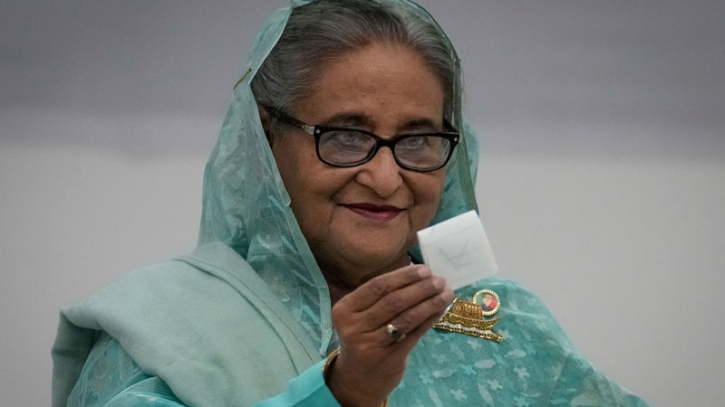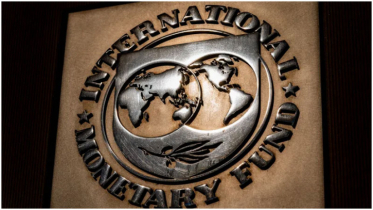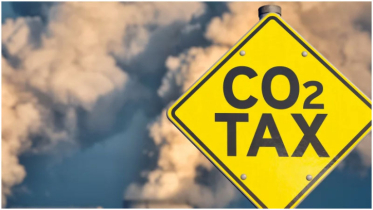Economic growth and democratic values in Sheikh Hasina's Bangladesh

The intersection of autocracy and economics is a subject of considerable debate among scholars and policymakers. The relationship is complex and varies across different contexts and regimes. An autocracy, characterized by centralized power and limited political freedoms, can sometimes achieve rapid economic progress. However, this is not without potential costs to democratic institutions and long-term economic sustainability.
Autocratic leaders have often justified their grip on power by pointing to economic successes -- arguing that a strong hand is necessary to push through difficult reforms and to maintain stability, which is conducive to investment and growth. Indeed, countries like Singapore and China have shown that authoritarian governments can preside over remarkable economic transformations. Nevertheless, this approach raises questions about human rights and the inclusiveness of the economic system.
The case of Bangladesh under Prime Minister Sheikh Hasina offers a nuanced view of this dynamic. Since assuming power in 2009, Hasina’s government has overseen impressive economic milestones, earning the country the epithet of the "Bangladesh miracle." Bangladesh achieved lower-middle-income status in 2015 and has made significant strides in human development and poverty reduction. The textile industry, remittances, and infrastructure projects have been key drivers of growth, alongside the government's "Digital Bangladesh" initiative to embrace technology.
However, alongside these achievements, there have been growing concerns over autocratic tendencies. The political landscape has seen a marked decrease in freedoms, with reports of actions against the media and opposition that are indicative of a drift towards authoritarianism. Such a political climate can have far-reaching implications for economic resilience and democratic health.
The economic strategy of Hasina's administration reflects a blend of state intervention and private sector engagement. While the government's active role has catalyzed growth, it has also been accused of creating a business environment marred by cronyism and a lack of competition. This could potentially hinder innovation and lead to economic inefficiencies.
Furthermore, the concentration of power in Bangladesh has raised alarms about governance quality. The absence of robust democratic checks and balances could result in policy missteps and reduced accountability, undermining the long-term economic prospects. The international community has taken note of these issues, and there is a risk that continued autocratic practices could eventually affect Bangladesh’s economic relations, particularly with Western nations that prioritize democratic values.
Looking to the future, Bangladesh faces the challenge of sustaining its economic momentum while addressing the democratic backsliding that has become evident. The government's ability to uphold democratic principles while continuing to implement economic reforms will be crucial. As Bangladesh aims to graduate from the LDC category, its success will increasingly depend on fostering a political climate that is both inclusive and transparent.
As Bangladesh prepares for its election, the international community watches closely. The country's path to development has been extraordinary, but the democratic backslide is concerning. The coming years will be critical in determining whether Bangladesh can maintain its economic momentum while fostering a more open and democratic society.
Bangladesh's experience under Sheikh Hasina exemplifies the delicate link between economic development and autocratic governance. While the government has delivered economic progress, it has also exhibited autocratic tendencies that threaten democratic institutions. The country's future will hinge on how it manages the tension between these two forces. The path Bangladesh chooses will not only determine the welfare of its people, but will also contribute to the global discourse on the compatibility of autocracy with economic advancement.
Writer: Nawrin Sultana, a Bangladeshi-Canadian marketing consultant, blending her cultural roots with a global perspective.
Source: Dhaka Tribune.
.png)




